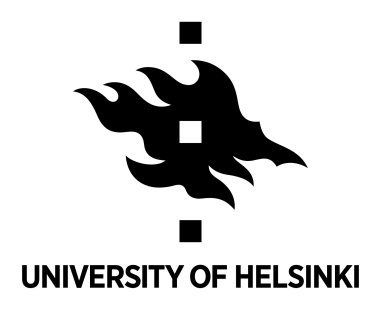
UNIVERSITY OF HELSINKI | FINLAND
- Helsinki, Finland
- Visit University Websites
- University Type: Public
- Famous For : Innovation and commercialization of technologies




The University of Helsinki is a state-funded institution in Helsinki, Finland, founded in 1640. It is Finland’s most experienced and largest College, with the widest range of controls available. The campus is divided into four sections: City Center Campus, Kumpula Campus, Meilahti Campus, and Viikki Campus. We advise students about Finland scholarship opportunities, how to receive a scholarship from Finland, lodging in Finland, bank accounts in Finland, minimum salaries in Helsinki, and so on.
The University of Helsinki offers funding opportunities to all students based on academic excellence. The College has two libraries: The National Library of Finland, which is the most experienced and largest insightful Library in Finland, as well as one of the largest autonomous organizations at the University of Helsinki, and The Helsinki University, which is the College’s Main Library, which is used for research and study by students. The Helsinki University Museum and the Finnish Museum of Natural History are both on campus. Finland student visa from Bangladesh is provided by Shopnotour for Students.
Lars Ahlfors (mathematician), Tancred Borenius (art historian and ambassador), and Anders Donner.
Finland’s top-ranked University
A cutting-edge scientific and intellectual hub
The University of Helsinki is a flexible, interdisciplinary institution.
Living in a vibrant city
Faculty as a whole:
Religion, Law, Medicine, the Arts, Science, Pharmacy, Biological Sciences, Environmental Sciences, Educational Sciences, Social Sciences, Agriculture and Forestry, and Veterinary Medicine are only a few of the fields covered.
Undergraduate: 13,000–18,000 €
Postgraduate: 10,000 EURO to 25,000 EURO
Travel documentation that is valid (Passport)
Curriculum Vitae (CV) (Detail Address, Phone Number, Email & Skype ID)
Two reliable references with email and phone numbers
SSC and HSC results with 75% mark Degree results with 75% marks English Proficiency Certificate (IELTS 6.5 or above or TOEFL 550 or above)
Statement of Purpose/Motivational Letter Work Experience (If Available)
Contact Us
Shopno Tour
01958553912-4
Studying abroad offers several benefits, including exposure to new cultures and ways of thinking, the opportunity to learn a new language, the chance to gain international experience and make global connections, and the potential to boost your career prospects.
The admission requirements for studying abroad vary depending on the country and the institution you are applying to. Generally, you will need to provide academic transcripts, proof of English language proficiency (such as TOEFL or IELTS scores), letters of recommendation, and a personal statement or essay.
When choosing a study abroad program, consider factors such as the location, academic reputation of the institution, program offerings, cost, and support services available to international students.
The process for applying for a student visa varies depending on the country you are applying to. Generally, you will need to provide proof of admission to a recognized educational institution, evidence of financial support, and a valid passport. You may also need to attend an interview at the consulate or embassy.
Studying abroad can be expensive, but there are several options for financing your education, including scholarships, grants, student loans, and part-time work. It is important to research and apply for funding opportunities early in the application process.
To prepare for studying abroad, make sure you have all the necessary documentation, including a valid passport and student visa. Research the culture and customs of the country you will be visiting, and consider learning some of the local language. Connect with other students who will be studying abroad to build a support network, and make sure you have sufficient funds to cover your living expenses.
The process for finding housing while studying abroad varies depending on the country and the institution you are attending. Many institutions offer on-campus housing options, while others may provide assistance in finding off-campus accommodations. It is important to research your options and make arrangements well in advance of your departure.
Many institutions provide support services to international students, such as language classes, cultural activities, academic advising, and counseling services. It is important to take advantage of these resources to help you adjust to your new environment and succeed academically.
